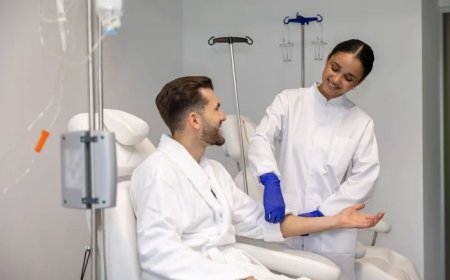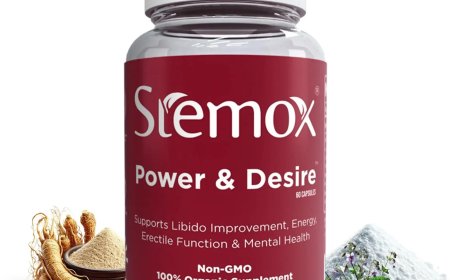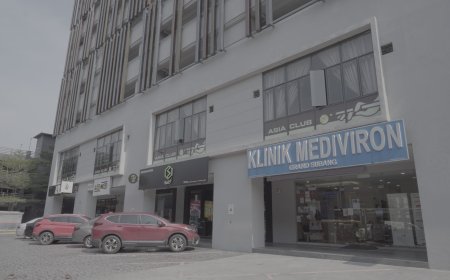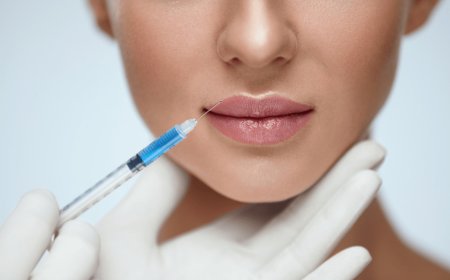Coping with Broken Teeth and Sudden Swelling in Sheffield
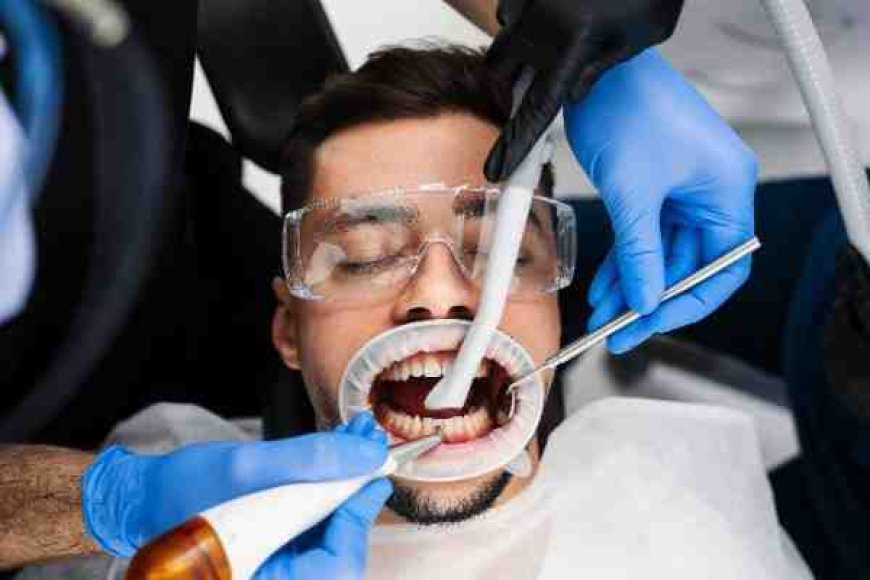
Dental emergencies often strike unexpectedly, bringing stress and pain. A broken tooth or sudden swelling isnt just uncomfortable, it can disrupt daily life and cause anxiety. Staying calm and knowing how to respond quickly can make a big difference in managing the situation effectively. Whether its a small chip or more serious damage, having access to trustworthy local care ensures help is close by when you need it most. Prompt attention not only eases discomfort but also prevents further complications, keeping your smile healthier in the long run.
Understanding the Urgency of Broken Teeth and Swelling
Why Immediate Care Matters
Broken teeth and facial swelling are signs that something is wrong inside your mouth or jaw. Ignoring these symptoms may lead to infection, increased pain, or permanent damage. Swelling, for instance, often indicates infection or inflammation, which can spread if untreated.
According to dental health guidelines, early intervention reduces complications and improves recovery outcomes. Thats why seeing a dentist as soon as possible is important because they can assess the damage, provide pain relief, and plan any necessary treatment.
Common Causes
- Accidental impacts from falls or sports injuries
- Biting down on hard objects like nuts or bones
- Severe tooth decay weakening the structure
- Previous dental work that has failed or fractured
Signs to Watch For
- Sharp pain or sensitivity
- Visible cracks, chips, or missing tooth pieces
- Redness, warmth, or swelling around the tooth or gum
- Difficulty opening your mouth or swallowing
- Fever or general feeling of being unwell (which may indicate infection)
What to Do Immediately After a Tooth Breaks
Stay Calm and Assess
First, try to remain calm. Panic can worsen pain and make decision-making harder. Look carefully at the damaged tooth and the surrounding area to understand the extent.
Steps to Take
- Save any broken pieces:If possible, collect and keep the fragments in milk or saline. This may help your dentist if reattachment is possible.
- Rinse your mouth:Use warm water to gently clean the area and remove any debris. Avoid using very hot or cold water as the tooth may be sensitive.
- Control bleeding:Apply gentle pressure with a clean cloth or gauze if bleeding occurs.
- Reduce swelling:Use a cold compress on the cheek outside the injured area to reduce swelling and numb pain.
- Avoid eating:Stick to soft foods and avoid chewing on the affected side until examined by a professional.
When to Visit an Emergency Dentist
If the tooth break causes severe pain, swelling, or bleeding that doesnt stop within 10-15 minutes, seek immediate dental care. Anemergency dentist in Sheffieldcan provide pain management, stabilise the injury, and prevent infection.
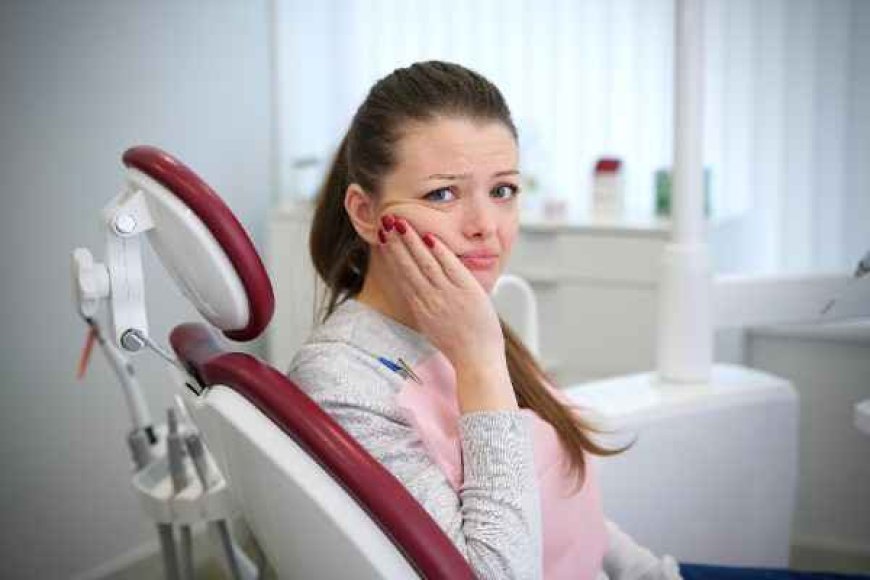
Managing Sudden Swelling Around the Teeth
What Causes Swelling?
Swelling is typically a sign of infection, trauma, or an allergic reaction. In dental contexts, common causes include:
- Tooth abscess (infection at the root)
- Gum infections (gingivitis or periodontitis)
- Trauma from injury
- Allergic reactions to dental materials or food
Risks of Ignoring Swelling
Left untreated, swelling can worsen rapidly and cause complications such as:
- Spread of infection to other parts of the head or neck
- Difficulty breathing or swallowing
- Chronic pain and damage to surrounding tissues
Immediate Home Care for Swelling
- Apply ice packs:Use on the affected side to reduce inflammation
- Take over-the-counter painkillers:Such as ibuprofen, following instructions
- Maintain oral hygiene:Gently brush and floss but avoid the swollen area if painful
- Avoid irritants:Spicy or acidic foods can aggravate swelling
If swelling worsens, is accompanied by fever, or if breathing/swallowing becomes difficult, contact a dentist right away.
How Orthodontic Treatments Can Affect Emergencies
Patients wearing braces or other orthodontic devices may face unique challenges with broken teeth or swelling. Anorthodontist Sheffieldcan provide tailored advice and emergency care if wires break or cause injury, or if swelling develops around orthodontic appliances.
Tips for Orthodontic Patients
- Keep orthodontic wax handy to cover any sharp or loose wires
- Use saltwater rinses to soothe irritated gums
- Report any discomfort or broken appliances promptly to your orthodontist
Professional Treatments Available
Once youve received initial care from an emergency dentist, follow-up treatments may include:
- Dental bonding or veneers:For minor chips or cracks
- Root canal therapy:If the tooths nerve is damaged or infected
- Extraction:In cases where the tooth cannot be saved
- Antibiotics:To treat or prevent infection from swelling
- Orthodontic adjustments:To address any complications caused by injury
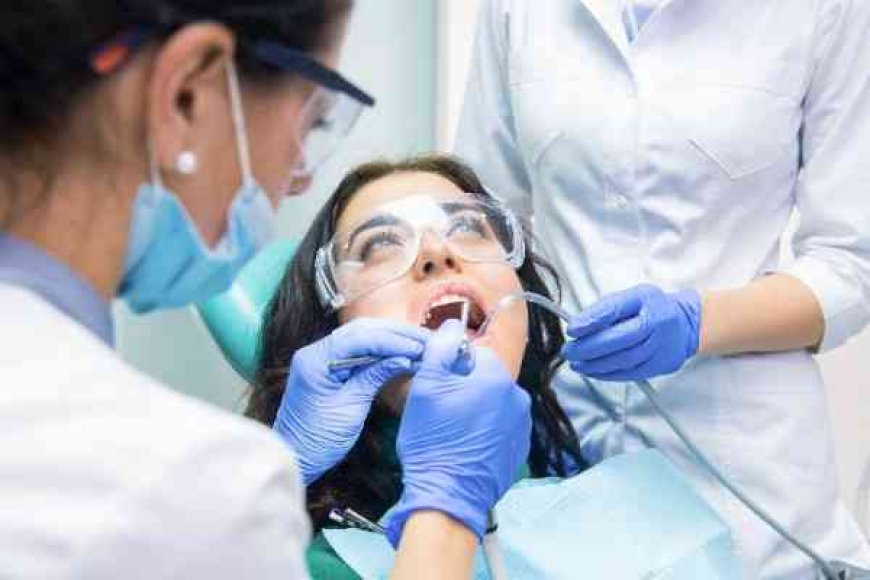
Preventing Future Problems
While accidents happen, there are ways to reduce your risk of broken teeth and swelling:
- Wear mouthguards during sports or physical activities
- Avoid chewing hard objects like ice or pens
- Maintain regular dental check-ups for early problem detection
- Practice good oral hygiene to prevent decay and gum disease
- Inform your dentist or orthodontist of any sudden discomfort or changes
When to See an Emergency Dentist Versus a Regular Dentist
Sometimes, tooth pain or swelling might not feel urgent but still requires prompt attention. Heres a quick guide:
|
Situation |
Action |
|
Severe pain or swelling |
Visit emergency dentist immediately |
|
Minor chip without pain |
Schedule appointment with regular dentist or orthodontist |
|
Loose orthodontic wire causing injury |
Contact orthodontist as soon as possible |
|
Signs of infection (fever, pus) |
Emergency dentist visit required urgently |
Emotional Impact and Support
Dental trauma and sudden swelling can affect more than just your mouth. Its normal to feel anxious or unsettled. Talking openly with your dentist or orthodontist about your concerns helps build trust and ensures you receive care that supports your wellbeing.
Conclusion
Broken teeth and sudden swelling can be unsettling, but acting quickly and calmly is key to managing pain and safeguarding your smile. Recognising when to see an emergency dentist in Sheffield, alongside understanding the role of orthodontic care, offers much-needed reassurance during difficult times. Being informed and prepared helps you navigate these situations confidently, reducing stress and promoting better outcomes. Support from trusted dental professionals ensures your treatment is smooth and effective. Ultimately, staying proactive makes all the difference in maintaining your dental health and peace of mind






















